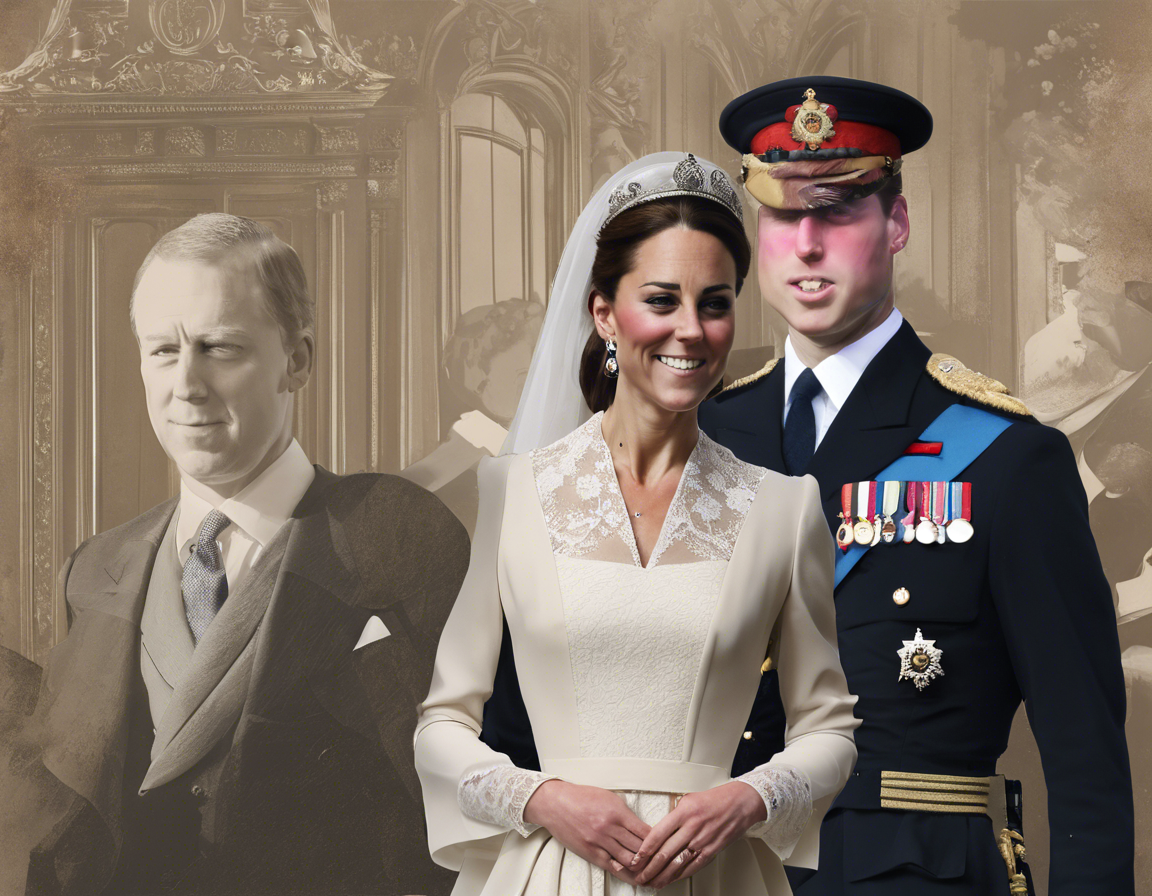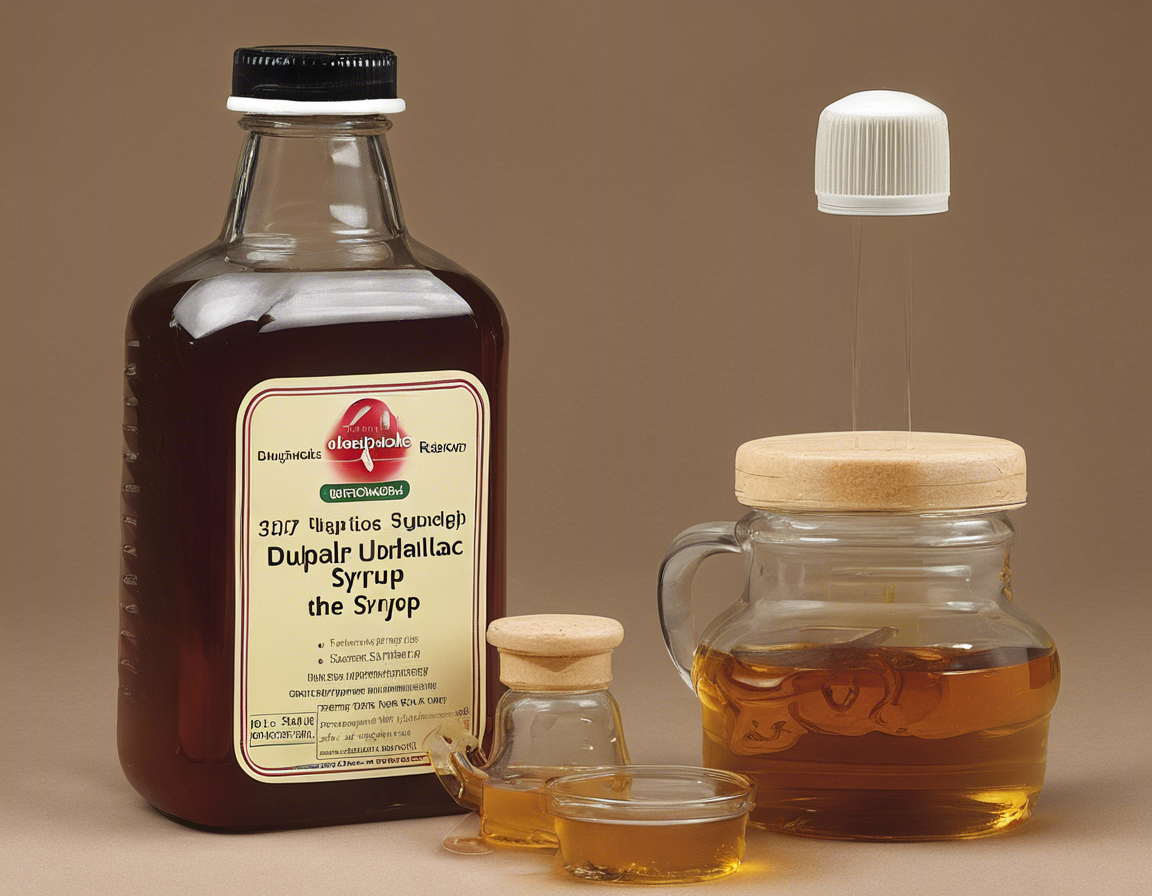Introduction
The unauthorized leaking of private and intimate content, such as nude photos, is a severe violation of an individual’s privacy and can have damaging consequences. In recent times, high-profile celebrities like Chris Evans have fallen victim to such breaches, with their personal photos being circulated online without their consent. This act not only raises serious ethical concerns but also underscores the importance of cybersecurity and digital privacy in today’s interconnected world.
The Chris Evans Incident: A Privacy Breach
Chris Evans, known for his role as Captain America in the Marvel Cinematic Universe, found himself at the center of a controversy when a private photo of himself was mistakenly shared on his Instagram story. Fans quickly captured screenshots of the image before it was deleted, leading to its rapid dissemination across social media platforms. The incident sparked widespread discussion on the ethical implications of sharing private content without permission.
The Impact of Privacy Violations
Privacy violations, particularly in the form of nude leaks, can have profound consequences on the individual targeted. Beyond the immediate embarrassment and invasion of privacy, victims may also experience long-term psychological distress, damage to their reputation, and even professional repercussions. The unauthorized dissemination of intimate content can have far-reaching implications that extend beyond the digital realm.
Legal Ramifications and Recourse for Victims
In many jurisdictions, the unauthorized sharing of private and intimate content is illegal and may constitute offenses such as non-consensual pornography or revenge porn. Victims of such violations may pursue legal action against the perpetrators, seeking damages for emotional distress, reputational harm, and infringement of their rights. It is essential for individuals to be aware of their legal rights and options in cases of privacy breaches.
Protecting Digital Privacy: Best Practices
In an age where digital privacy is increasingly under threat, individuals must take proactive steps to protect their personal information and prevent unauthorized access to sensitive content. Some best practices for safeguarding digital privacy include:
- Strong Password Management: Use complex passwords and enable two-factor authentication where possible.
- Secure Sharing: Be cautious about sharing sensitive information or content online and use secure channels for communication.
- Regular Privacy Audits: Periodically review your privacy settings on social media platforms and other online accounts.
- Encryption: Utilize encryption tools to secure your communications and data from unauthorized access.
- Cybersecurity Awareness: Stay informed about cybersecurity threats and take measures to mitigate risks, such as phishing attacks or malware infections.
Frequently Asked Questions (FAQs)
-
What are the legal implications of sharing nude photos without consent?
Sharing nude photos without consent may constitute violations of privacy laws, depending on the jurisdiction. In many cases, it may be considered a criminal offense, such as non-consensual pornography or harassment. -
How can victims of privacy violations seek support and recourse?
Victims of privacy violations, including unauthorized nude leaks, can seek support from legal professionals, advocacy organizations, and mental health services. They may also explore options for pursuing legal action against the perpetrators. -
What measures can individuals take to prevent privacy breaches?
To prevent privacy breaches, individuals should practice good cybersecurity hygiene, such as using strong passwords, enabling two-factor authentication, and being cautious about sharing sensitive information online. -
What are the psychological impacts of privacy violations on victims?
Privacy violations can have severe psychological impacts on victims, including feelings of shame, embarrassment, anxiety, and depression. It can also lead to issues such as post-traumatic stress disorder (PTSD) and social withdrawal. -
Is there a difference between hacking and leaking private content?
Hacking involves unauthorized access to a person’s digital accounts or devices to obtain private information, while leaking involves sharing that information publicly without consent. Both actions are illegal and unethical.
In conclusion, the unauthorized leaking of private content, such as nude photos, represents a significant violation of an individual’s privacy and can have devastating consequences. It is crucial for individuals to prioritize digital privacy and security measures to safeguard their personal information and prevent privacy breaches. Additionally, society must strive to uphold ethical standards regarding the dissemination of private content and respect individuals’ rights to privacy in the digital age.


